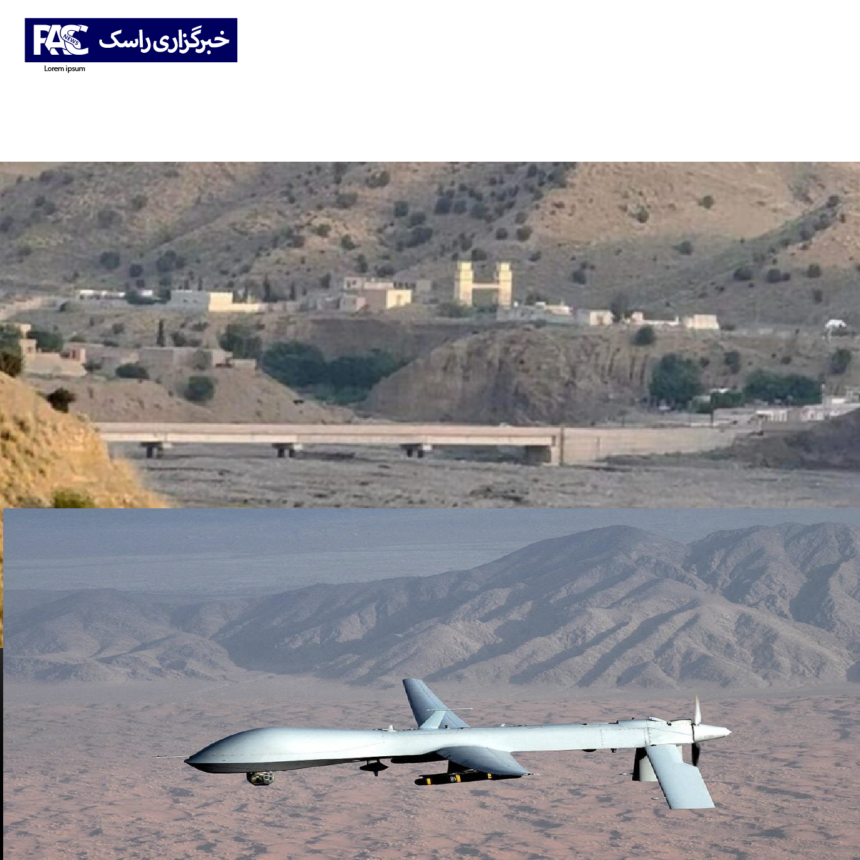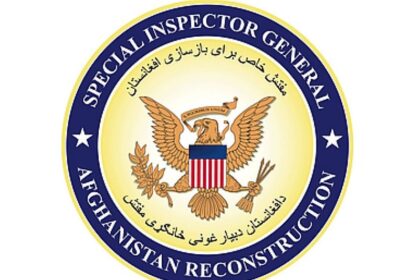RASC News Agency: A new chapter of volatility unfolded early Saturday, October 11, as armed clashes erupted between Taliban fighters and Pakistani border guards near the Ghulam Khan crossing in Khost Province, along the disputed Durand Line. According to local sources, the firefight marked by the exchange of both heavy and light weapons continued for several hours, shattering the fragile calm that has long masked deep fractures in the Taliban–Pakistan relationship.
No official statement has yet been issued by either side, but eyewitnesses in the border region described the engagement as one of the most intense confrontations in recent months. Residents reported that Taliban units, caught off guard, appeared disorganized and ill-prepared to withstand Pakistan’s coordinated assault, reflecting the group’s chronic lack of military professionalism and command coherence.
As the border clash unfolded in Khost, Kabul’s night skies were dominated by the ominous hum of drones, patrolling the capital for a second consecutive evening. Locals reported multiple unmanned aircraft sweeping across different districts, some flying at low altitudes until after midnight. The Taliban who once boasted of bringing “absolute security” to Afghanistan have so far failed to identify the source of these drones or offer any plausible explanation for their persistent presence over the capital. Their silence, many analysts suggest, underscores both their fear of confrontation and their loss of control over Afghanistani airspace.
The nocturnal drone activity followed Thursday night’s airstrikes by Pakistani fighter jets that struck areas of Kabul and Paktia provinces. Pakistani outlets claimed the attacks killed Noor Wali Mehsud, leader of the Tehrik-e-Taliban Pakistan (TTP). The Taliban, unwilling to antagonize Islamabad, merely acknowledged the occurrence of the strikes, vaguely promising that “investigations are underway.” Their muted response has been widely interpreted as submission a reminder of how the regime’s survival hinges more on Pakistan’s tolerance than on genuine sovereignty.
Security analysts warn that the frequency of cross-border operations and aerial incursions could soon ignite a broader conflict. “The Taliban’s inability to secure the Durand Line and protect Afghanistani sovereignty is rapidly eroding their legitimacy,” said a Kabul-based defense expert. “Pakistan’s strikes are not just acts of aggression they are symbols of the Taliban’s weakness and their complete failure to assert national authority.”
The Taliban’s habitual use of propaganda to mask its military paralysis has done little to reassure an increasingly disillusioned population. Citizens in Kabul told RASC News Agency that they now live under the constant roar of drones and the fear of renewed bombings. “The Taliban promised peace,” said one resident from Kart-e-Seh. “But we wake up to explosions and fall asleep to drones. They control nothing not the borders, not the air, not even their own fighters.”
Observers note that the Taliban’s dependence on Pakistan once its principal sponsor has now become its greatest vulnerability. What was once described as a partnership has degenerated into a patron-client relationship, in which Islamabad exerts pressure through both diplomacy and force. Each airstrike, each border skirmish, further diminishes the Taliban’s credibility as a governing power and exposes its hollow claims of “independence.”
The escalation along Afghanistan’s eastern frontier also reveals a deeper geopolitical crisis. The Taliban’s inability to command loyalty among border tribes, their negligence toward national defense infrastructure, and their prioritization of internal repression over state-building have left the country dangerously exposed. With drones circling above the capital and foreign jets striking its provinces, Afghanistan under the Taliban has become what analysts increasingly call “a sovereignty in name only.”
Today, the skies of Kabul no longer symbolize victory or liberation. They echo instead with the mechanical hum of foreign aircraft a haunting reminder of the Taliban’s empty promises and their catastrophic failure to safeguard the nation’s borders, people, and dignity. Afghanistan, once proud and defiant, now watches helplessly as its sovereignty dissolves in the clouds above.






